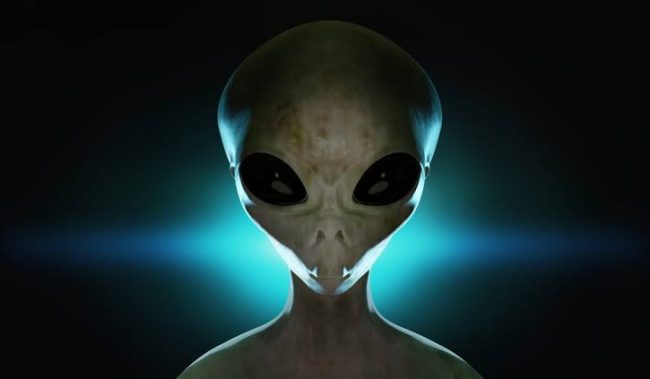Viral News
Aliens Could Live On Saturn’s Icy Moon According To New Research
According To New Research Discovery, Aliens Could Live On Saturn’s Icy Moon
An astonishing discovery has been made on Saturn’s icy moon.
Nearly six years after NASA’s Cassini spacecraft probe crashed into Saturn and ended its landmark mission, scientists found buried in archival data the detection of phosphate in the moon Enceladus’ ocean, according to a study published in the journal Nature.
“It’s the first time this essential element has been discovered in an ocean beyond Earth,” the study’s lead author, Frank Postberg, a planetary scientist at Berlin’s Free University, said in a press release. The Cassini spacecraft explored Saturn and its rings and moons from 2004 to 2017.
View this post on Instagram
During those 13 years, Cassini’s cosmic-dust analyzer took in samples of ice grains and water vapor that spewed out from cryovolcanic plume erupting from cracks on icy Enceladus. What the analyzer found was a presence of sodium phosphates and concentrations of phosphorous at least 100 times higher than they are in Earth’s oceans.
Phosphate is the rarest of the six main biologically essential elements — carbon, hydrogen, oxygen, nitrogen, phosphorus and sulfur. It is also a key ingredient in cell membranes and in DNA and RNA. The chemical compound’s presence on the moon means that it is possibly inhabitable.
“This key ingredient could be abundant enough to potentially support life in Enceladus’ ocean,” co-investigator Dr. Christopher Glein, a planetary scientist at Southwest Research Institute, told Reuters. “This is a stunning discovery for astrobiology.”However, Glein warned science buffs not to rocket to conclusions yet.
“Having the ingredients is necessary but may not be sufficient for an extraterrestrial environment to host life,” Glein said, according to the Weather Channel. “Whether life could have originated in Enceladus’ ocean remains an open question.










You must be logged in to post a comment logged in Login